Late bloomers: 10 classic books with terrible initial reviews
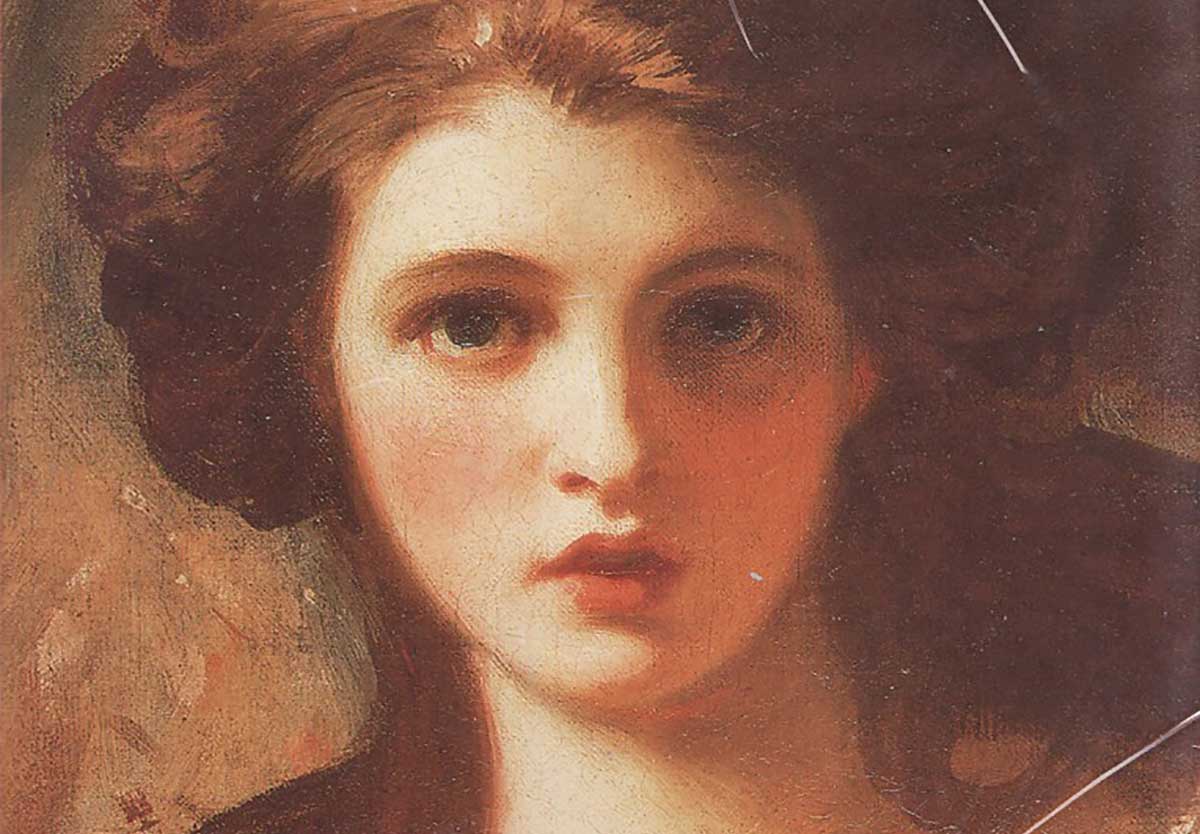
Just because books are lauded today, doesn't mean they weren't, in their own time, received with anger, fear, and disdain. Some of the most valuable works of literature we have got their start amidst disgrace and outrage, though in the long run at least, they didn't seem to suffer too much for it.
- Lolita, Vladimir Nabokov

The New York Times did not like Lolita. The full quote goes a little something like this: "There are two equally serious reasons why it isn't worth any adult reader's attention. The first is that it is dull, dull, dull in a pretentious, florid and archly fatuous fashion. The second is that it is repulsive." Way harsh, Times.
- Wuthering Heights, Emily Bronti

The Brontis were probably quite used to ruffling feathers, and the reaction Wuthering Heights got says a lot about how revolutionary they were. This isn't your average, delicate story for ladies, and it left the Graham's Lady's Magazine wondering "how a human being could have attempted such a book as the present without committing suicide before he had finished a dozen chapters."
- The Grapes of Wrath, John Steinbeck
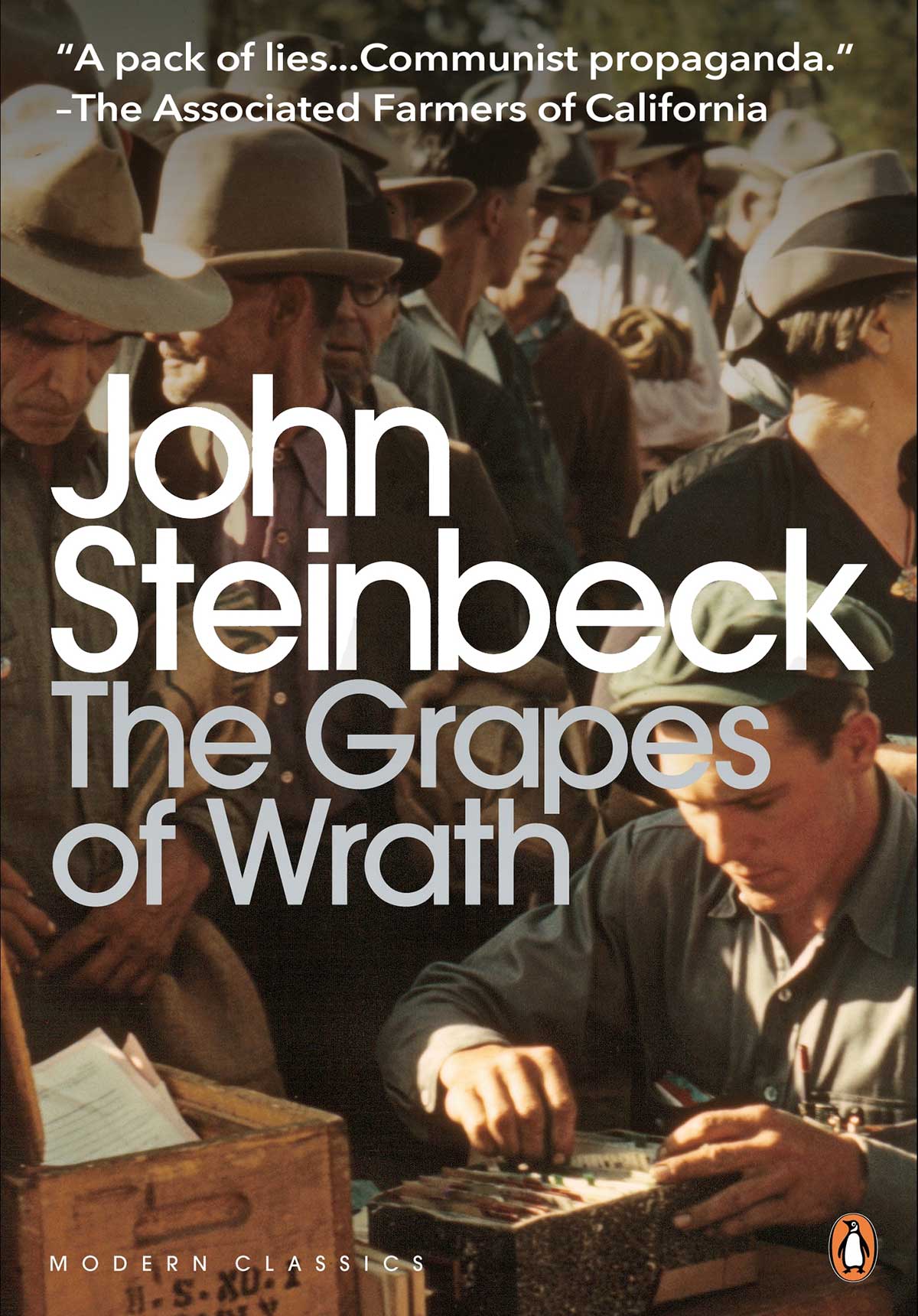
Steinbeck's tragic depiction of dustbowl living rocked the world when it came out, and The Grapes of Wrath has been steadily banned ever since. Funnily enough, though it was labeled communist propaganda stateside, the book was also banned in the USSR by Stalin, who thought it dangerous to show that even the poorest American could own a car.
- The Lord of the Rings, J.R.R. Tolkien
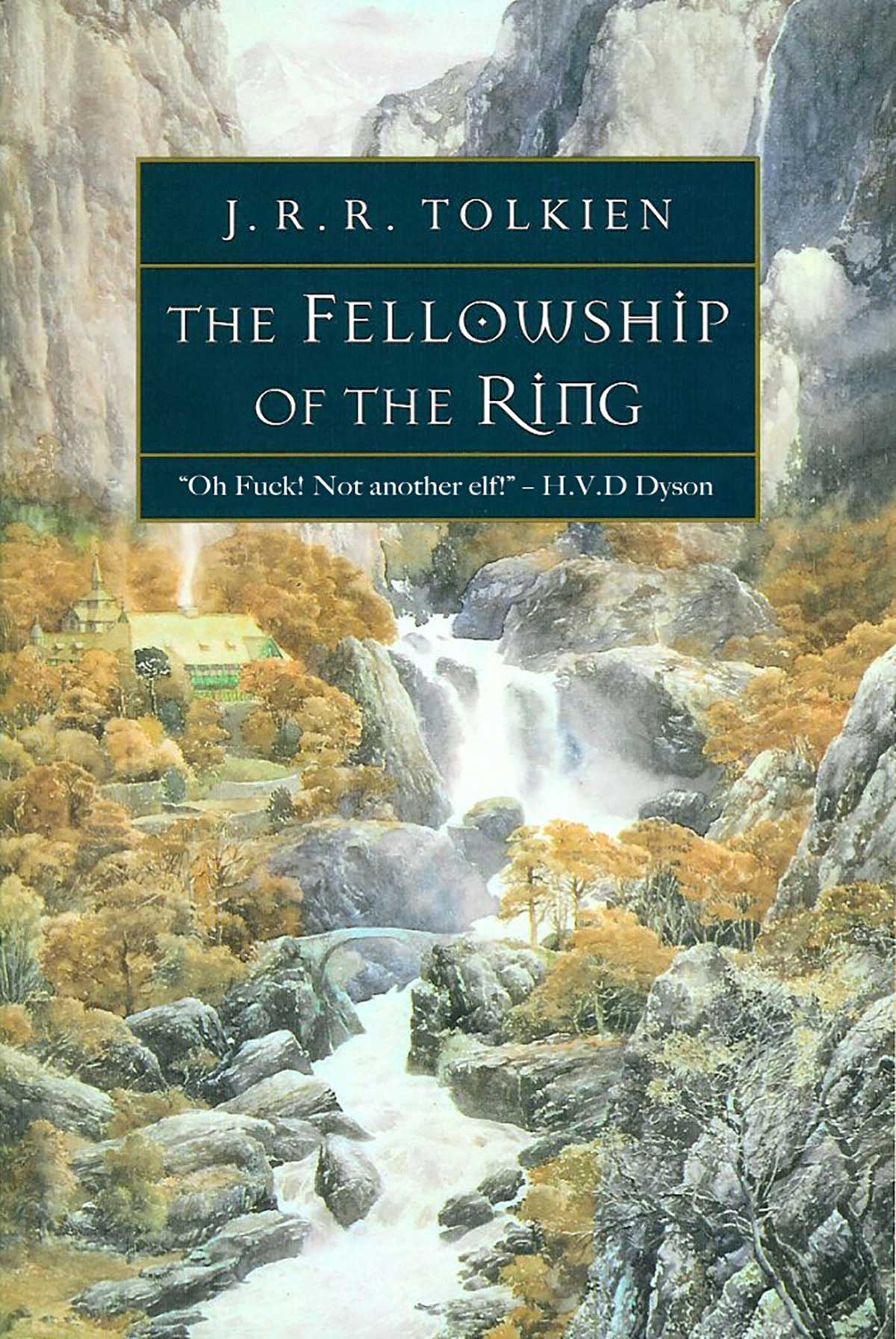
Both Tolkien and Dyson were members of the loosely-knit, Oxford-based literary group the Inklings, and clearly our boy JRR had imposed on his friends just one too many readings. Still, though, Dyson could have kept his contempt a little better hidden. It's still nice to support your friends.
- Where the Wild Things Are, Maurice Sendak
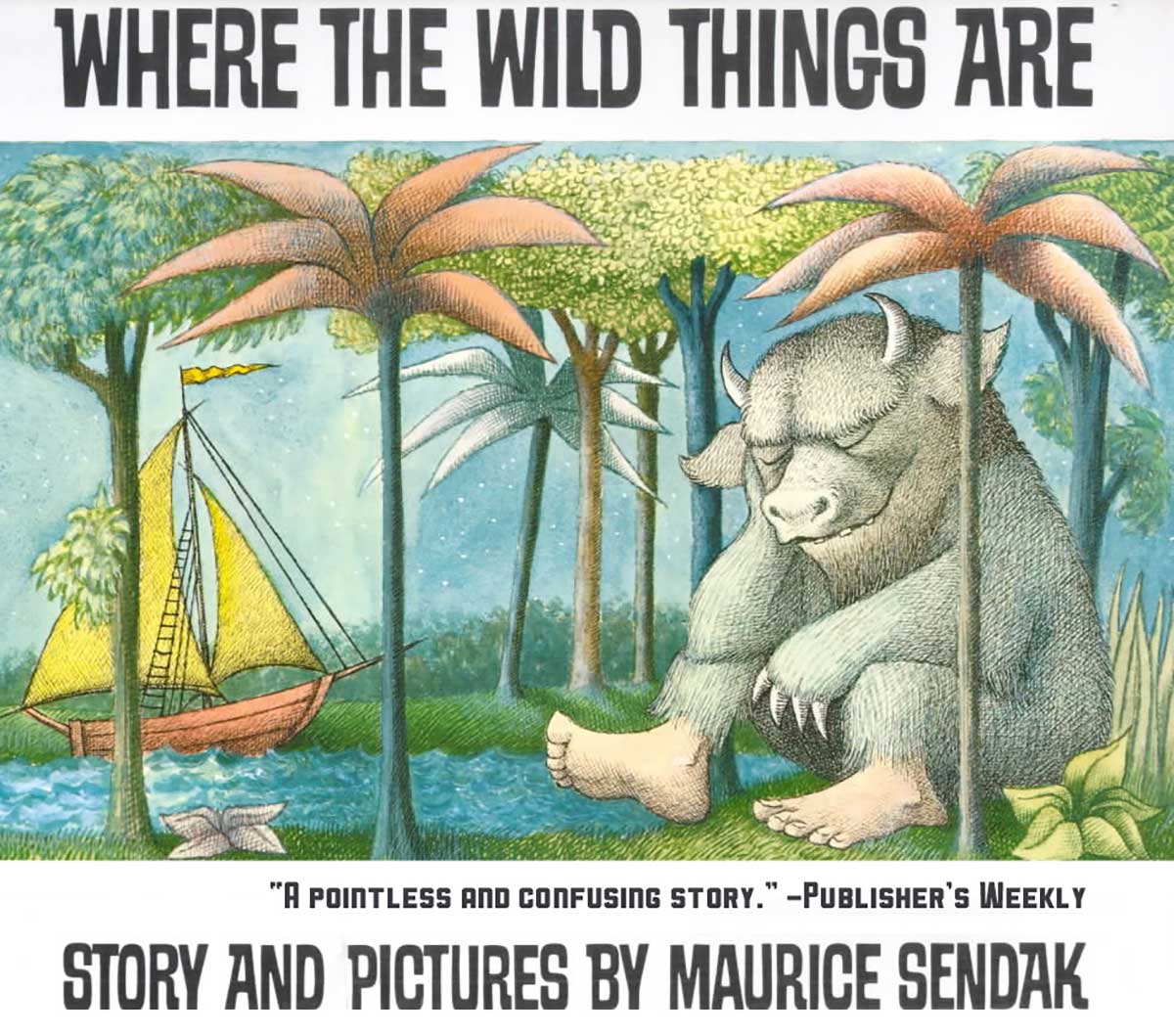
At the very least, Publisher's Weekly liked Sendak's art, calling his technique "superb" in the 1963 review. The illustrations, however, just couldn't make up for what the reviewer thought was sloppy storytelling, proving nothing so much as his own pitiable lack of imagination.
- The Adventures of Huckleberry Finn, Mark Twain
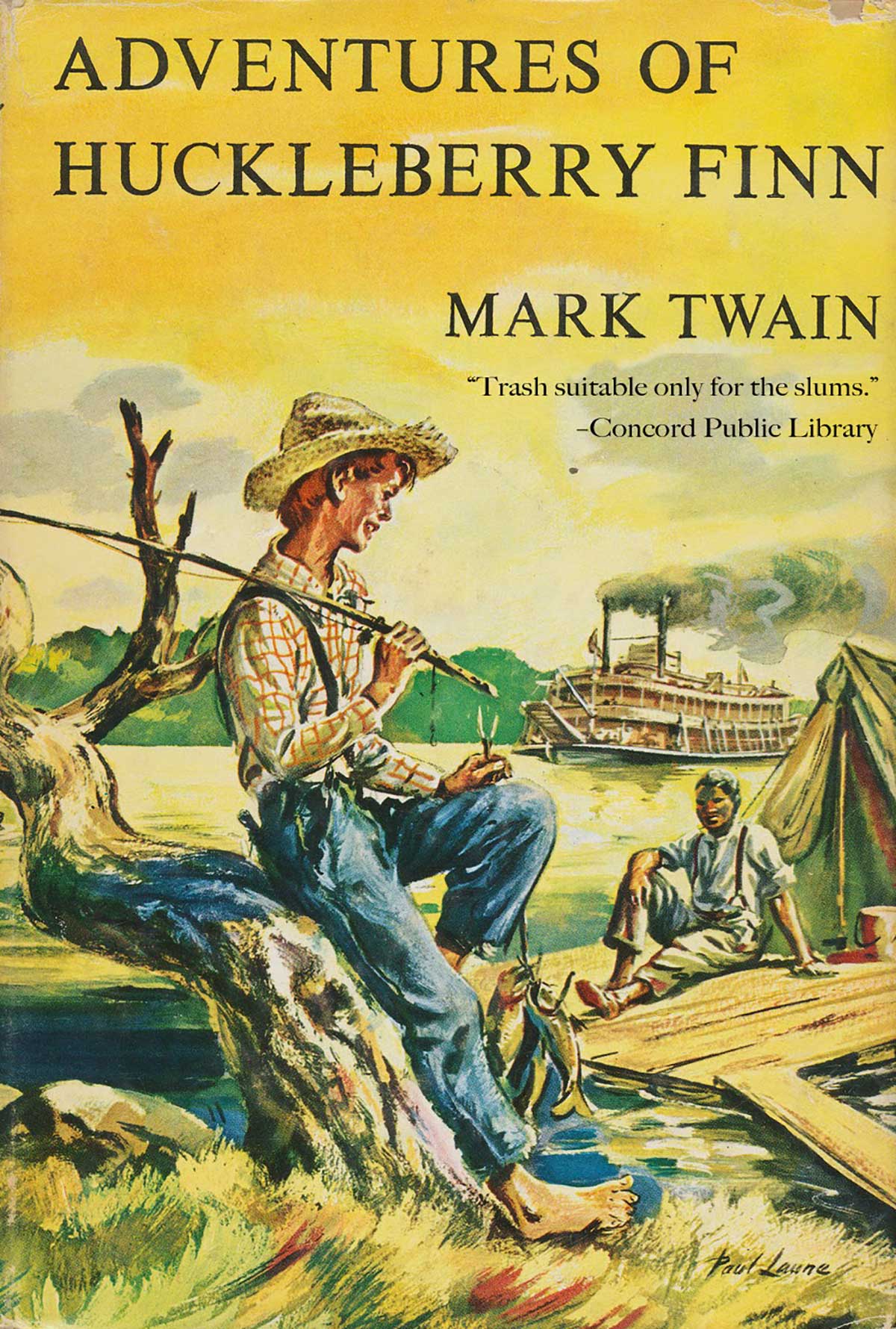
There are very few children's books that have been as consistently reviled as Huckleberry Finn. Published in 1884, it was first banned a year later, and you know when public libraries are against a widely read book, things have taken a turn. Still, at least the continued controversy has guaranteed Huck and Jim some pretty substantial airtime over the years.
- Ulysses, James Joyce
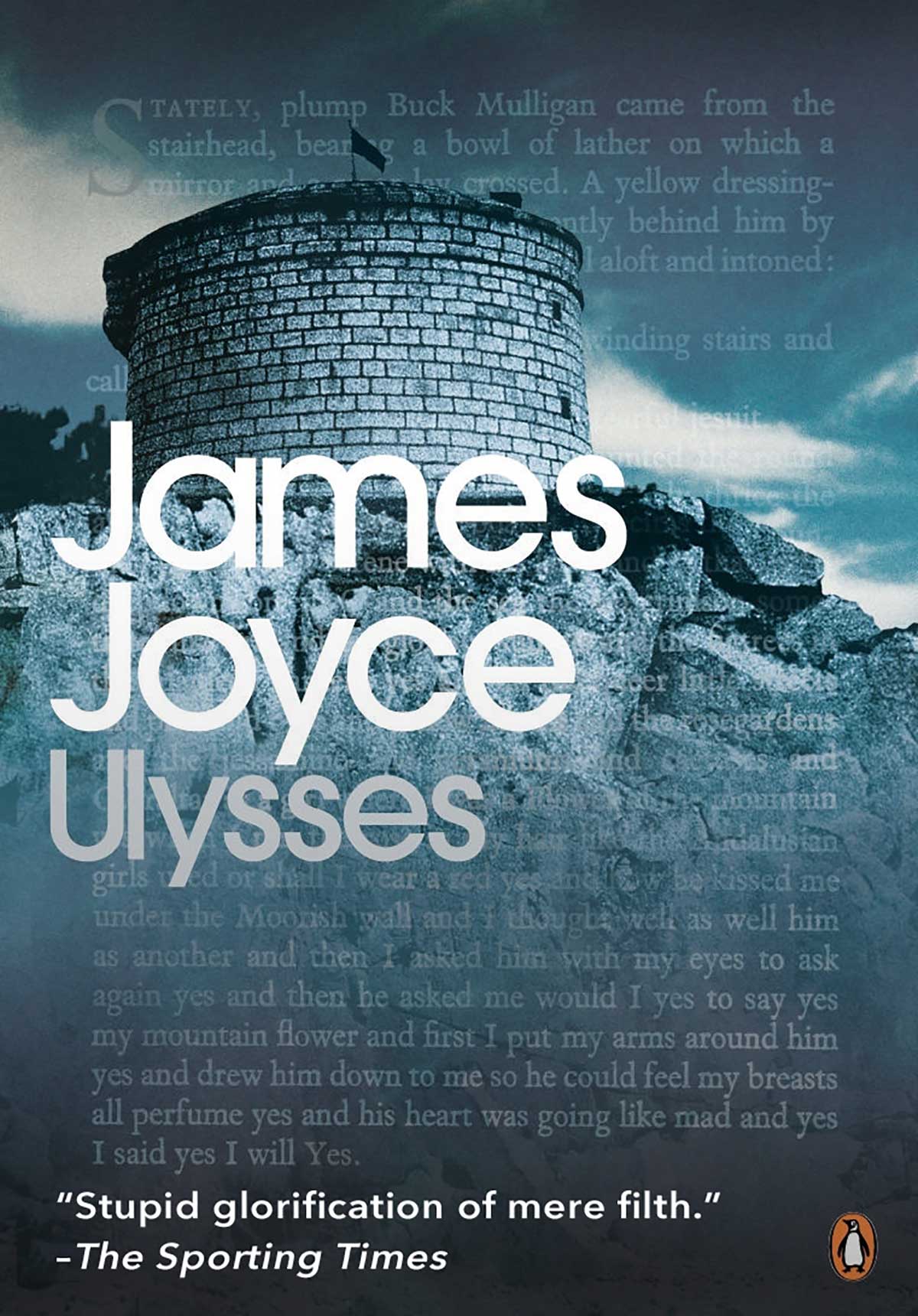
Ulysses was such a departure from what most reviewers were used to that no one quite knew what to make of it. Except the Sporting Times, that is. They knew exactly what they thought. In a truly monstrous paragraph that pulls no punches, Joyce is accused of being a "perverted lunatic who has made a speciality of the literature of the latrine," and of dwelling "on things that sniggering louts of schoolboys guffaw about."
- Madame Bovary, Gustave Flaubert
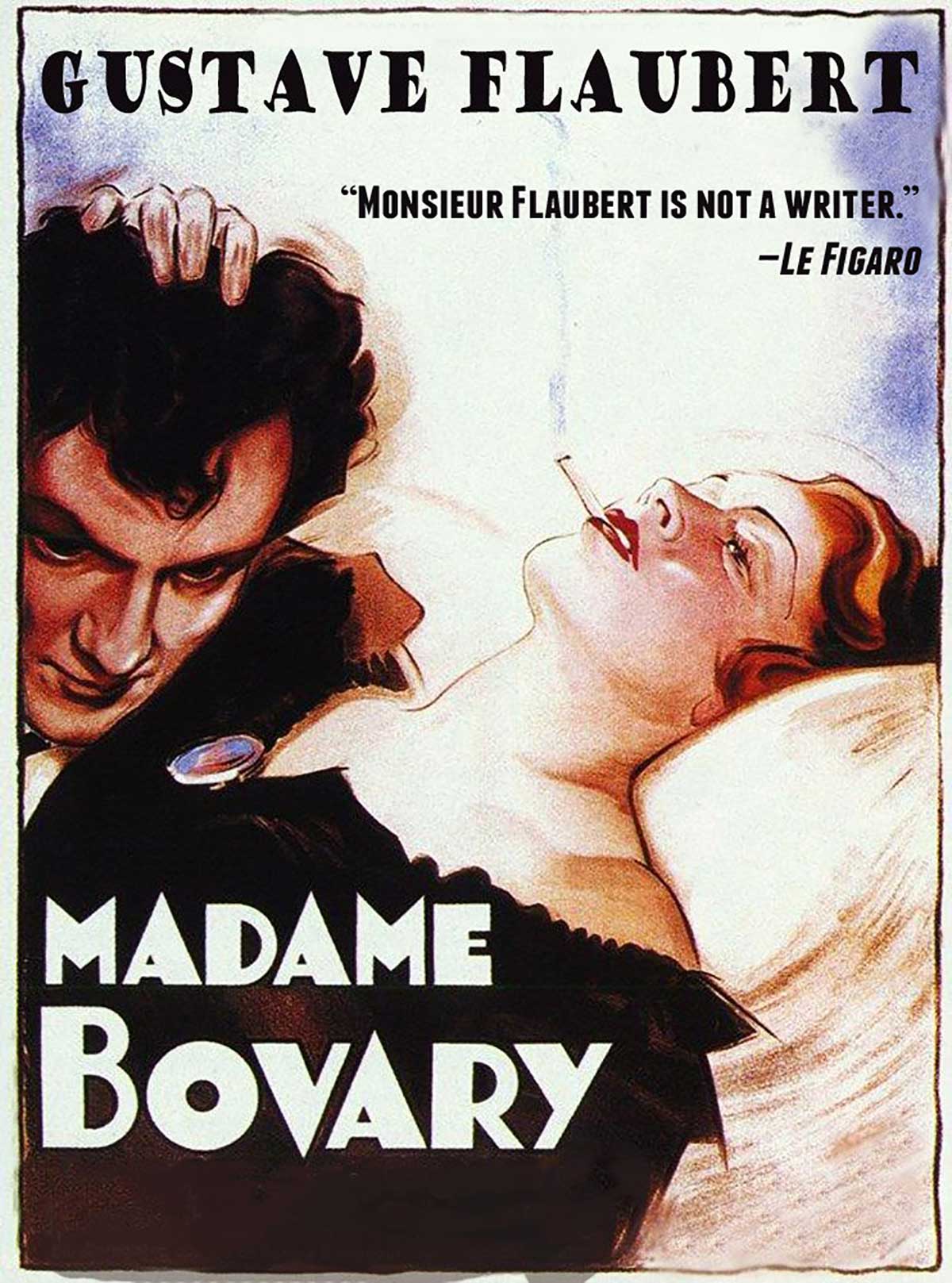
As someone who puts words down in ink or pixels and likes to think those words will interest someone else, I can attest to this being, by far, the most gutting of bad reviews. Flaubert didn't just make a mistake. He didn't just produce poor work. No, no, he is "not a writer" at all. You can just imagine Le Figaro smugly puffing on a cigarette and sauntering off, leaving the broken remains of an aspiring artist behind.
- The Awakening, Kate Chopin
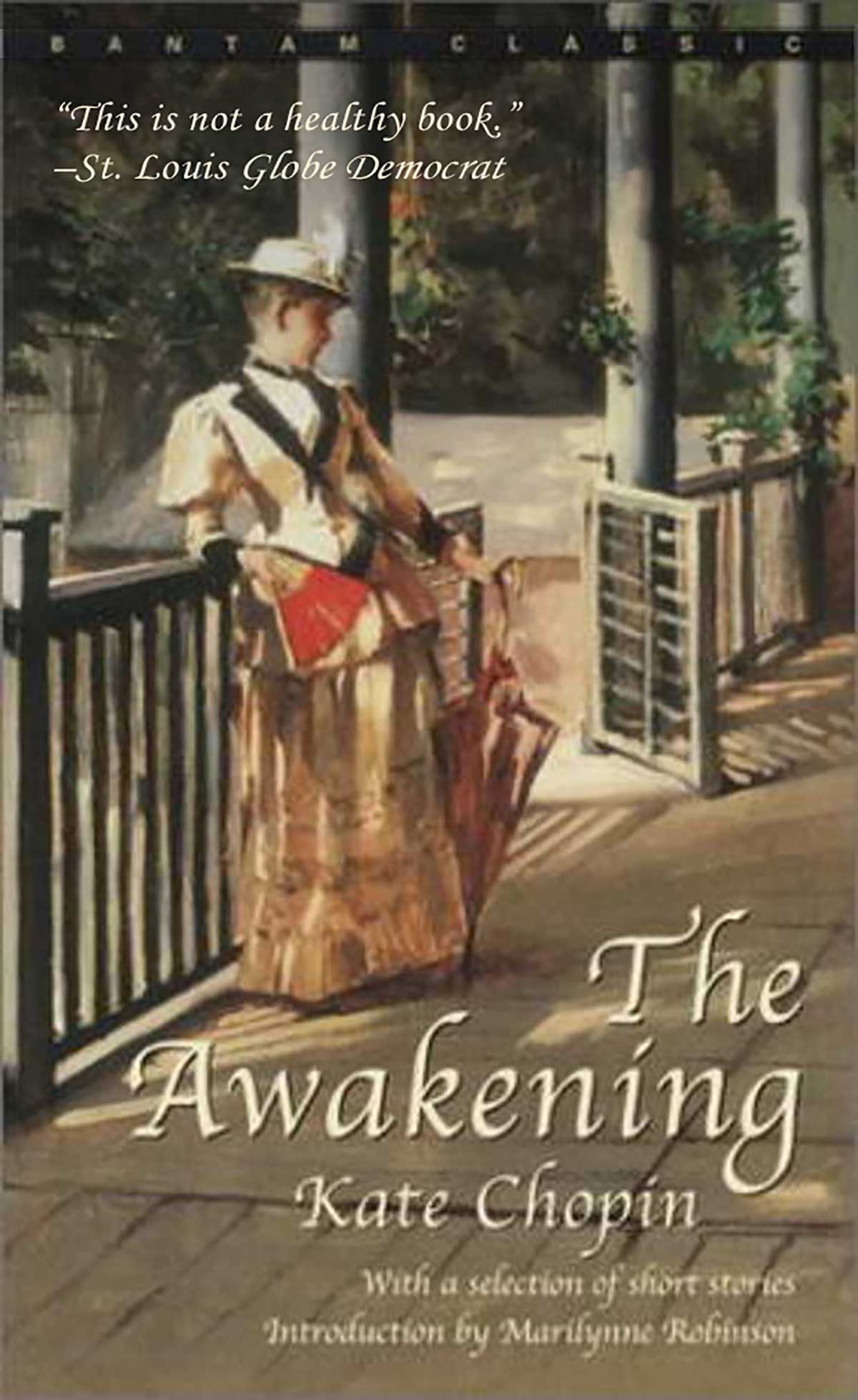
Okay, so an 1899 book about a woman who shakes off traditionally feminine roles, has an affair, and then kills herself was bound to receive at the very least mixed reviews. But the St. Louis Globe and Democrat really went above and beyond, finding it unendurably offensive. Not only was it "morbid" and not healthy, but the-anonymous-reviewer felt the need to add that "at the outset of the story one feels that the heroine should pray for deliverance from temptation." Not to doubt your literary credentials, mysterious critic, but that doesn't sound like a particularly thrilling story to me.
- Moby Dick, Herman Melville
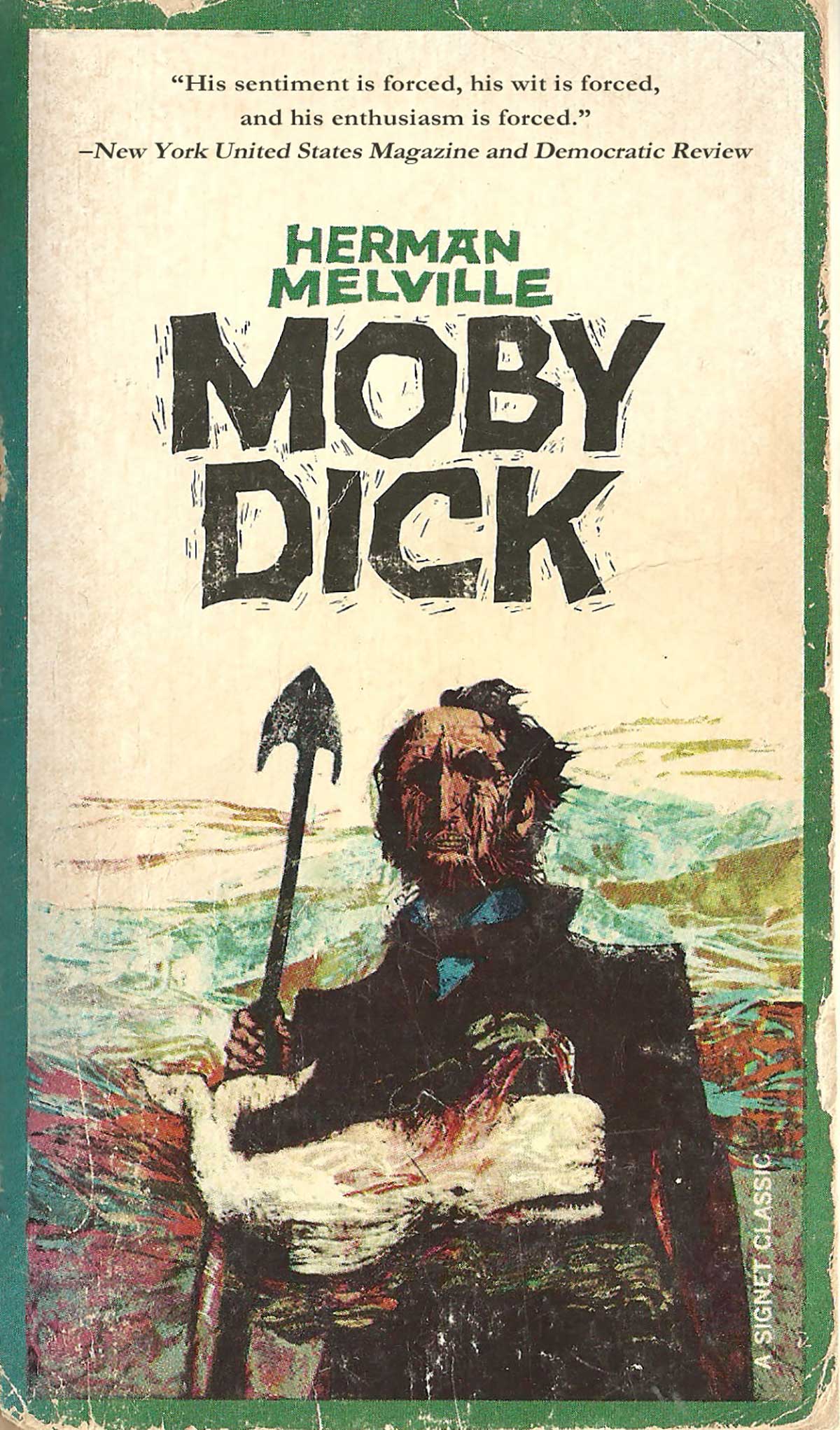
Different people will have different opinions on Moby Dick. It is, after all, not the easiest of reads. But one thing modern readers can no doubt agree on is that Captain Ahab doesn't lack for sentiment and enthusiasm. In fact, it may be an overabundance of those particular qualities that began his whole white whale of a mess in the first place. But that didn't stop Melville's contemporaries from reviewing the novel unfavorably, rounding out this list of critiques that would be nearly unthinkable today.